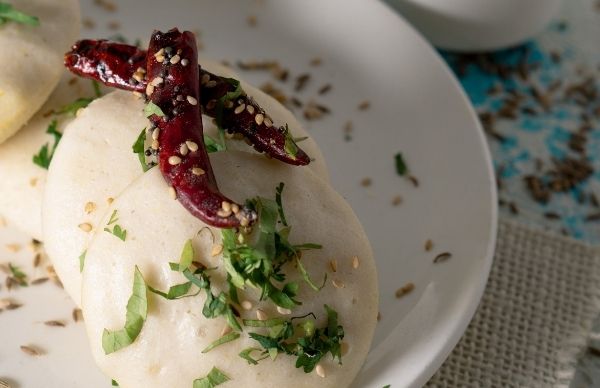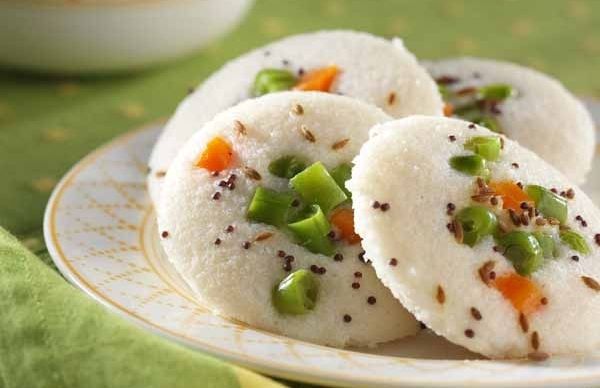Just In
- 2 hrs ago

- 3 hrs ago

- 6 hrs ago

- 10 hrs ago

Don't Miss
- News
 Pakistan Suicide Bomb Attack: Targets Japanese Nationals In Karachi
Pakistan Suicide Bomb Attack: Targets Japanese Nationals In Karachi - Movies
 Ranam Aram Thavarel Full Movie Leaked Online In HD For Free Download Hours After It Hit The OTT Platform
Ranam Aram Thavarel Full Movie Leaked Online In HD For Free Download Hours After It Hit The OTT Platform - Automobiles
 Ford Territory SUV Name Trademarked – Likely To Be Positioned Below The Everest SUV
Ford Territory SUV Name Trademarked – Likely To Be Positioned Below The Everest SUV - Sports
 Roman Reigns transitioning to Hollywood after WWE WrestleMania 40 loss
Roman Reigns transitioning to Hollywood after WWE WrestleMania 40 loss - Finance
 IRFC, RVNL, IRCTC, Railtel: Railway Stocks In Focus As Election Polls Begin; Mega Rs 10-12 Lakh Crore Plan
IRFC, RVNL, IRCTC, Railtel: Railway Stocks In Focus As Election Polls Begin; Mega Rs 10-12 Lakh Crore Plan - Technology
 OnePlus Ace 3 Pro Leak Hints at New Design; Expected Launch, Specifications We Know So Far
OnePlus Ace 3 Pro Leak Hints at New Design; Expected Launch, Specifications We Know So Far - Travel
 Journey From Delhi To Ooty: Top Transport Options And Attractions
Journey From Delhi To Ooty: Top Transport Options And Attractions - Education
 IIIT-Bangalore Introduces PG Diploma In Digital Product Design And Management
IIIT-Bangalore Introduces PG Diploma In Digital Product Design And Management
World Idli Day: 6 Health Benefits Of The Fluffy, Fermented South Indian Food
World Idli Day was established by Eniyavan, a popular idli-only caterer from Chennai. In 2015, he made a staggering 1,328 varieties of idlis to institute and commemorate this day. There was even giant 44-kilogram idli that was cut by a top bureaucrat to seal the deal and declare March 30 as World Idli Day.
On this World Idli Day, know about this healthy and hearty south Indian dish.

Health Benefits Of Idli
A very common South Indian breakfast food, idli is a great source of carbohydrates and proteins. The fermentation process increases the bioavailability of proteins and enhances Vitamin B content in the food.
While idli is normally made with fermented black lentils (urad dal) and rice, the varieties know no boundaries - you can make idli with anything and everything out there, really!
Touted as being one of the best foods for weight loss, idli is considered healthy as the food does not need to be fried (no oil) and is fermented [1]. So, let's take a look at the health benefits of eating idli.
Low in calories: Idli is usually steamed and has a relatively low-calorie content. In case you are concerned about the excess rice content, you can simply add pulses and vegetables to the batter as additions to make it healthier.
Aids weight loss: Idli is steamed so it does not contain fattening oil or butter, as is the case with most Indian snacks. Idli contains a relatively low amount of calories due to its low-fat content [2].
Aids with carb-management: Several health experts believe that eating steamed idli with citrus juices, such as orange or grapefruit, will burn fat as well as prevent the accumulation of carbs in the body [3].

Rich in iron: Since lentils are used in making idli, it is rich in iron. The consumption of idli on a daily basis can help fulfil the daily iron requirement of 8 milligrams for men and 18 milligrams for women [4].
Good for digestion: Idlis are one of the most preferred breakfast options since they are light, fill you with energy, and don't leave you feeling lethargic. As idli is fermented, it is easy to digest and consuming fermented food facilitates a better breakdown of minerals and vitamins in the body, which aids digestion. Fermented foods not only aid digestion but also change the PH balance in the intestines, which is linked to good health and long life [5].
Encourages healthy gut flora: Idli is a fermented food, which increases the amount of minerals in food that can be absorbed by the body. Fermentation increases the bioavailability of nutrients such as folic acid, riboflavin, niacin, thiamine, biotin, and vitamin-K, as well as some antibiotics & anti-carcinogens. Because microorganisms break down complex proteins, carbohydrates, and fats more efficiently, this enables easy assimilation of nutrients and supports a healthy gut flora since minerals and vitamins are more easily absorbed [6][7].

How To Make Idli Healthier?
A serving of idli weighs about 0.75 ounces, though average diets can tolerate a helping of two given their low caloric content.
- Because of the steaming process, no oil is required since the batter does not stick to the mould during cooking.
- Eliminate most of the sodium by skipping the salt.
- You can use brown rice instead of white rice if you want more fibre - brown rice gives idlis a grainier texture and makes them tan instead of their usual white colour.
- Consuming too much chutney may lead to digestive problems and stomach discomfort.
- Idli has a moderate glycaemic index (GI) and can be harmful to diabetics. Eat in moderation.
- Add vegetables like carrots and peas to your recipe to add extra fibre and nutritional value.
-
 insyncWorld Idli Day 2024: From Fluffy To Funny, These Rib Tickling Idli Jokes Will Surely Lighten Up Your Day
insyncWorld Idli Day 2024: From Fluffy To Funny, These Rib Tickling Idli Jokes Will Surely Lighten Up Your Day -
 recipesHow To Prepare Healthy Ghee Idli: Shahid Kapoor’s Favourite South Indian Dish
recipesHow To Prepare Healthy Ghee Idli: Shahid Kapoor’s Favourite South Indian Dish -
 recipesIdli Recipe: How To Make Idli Batter At Home
recipesIdli Recipe: How To Make Idli Batter At Home -
 recipesYellow Bell Pepper Idli Cupcakes Recipe
recipesYellow Bell Pepper Idli Cupcakes Recipe -
 recipesHow To Make Kadalebele (Chana Dal) Chutney
recipesHow To Make Kadalebele (Chana Dal) Chutney -
 recipesBeetroot And Manipuri Black Rice Idli Cupcake Recipe | Idli Cupcake Recipe
recipesBeetroot And Manipuri Black Rice Idli Cupcake Recipe | Idli Cupcake Recipe -
 vegetarianHow To Make Quick Rava Idli At Home
vegetarianHow To Make Quick Rava Idli At Home -
 nutritionIndian Breakfast Items That Provides Wholesome Diet
nutritionIndian Breakfast Items That Provides Wholesome Diet -
 break fastHealthy Corn Idli Recipe For Toddlers
break fastHealthy Corn Idli Recipe For Toddlers -
 break fastKanchipuram Idli Recipe For Breakfast
break fastKanchipuram Idli Recipe For Breakfast -
 break fastPaddu: Mini Idli Recipe
break fastPaddu: Mini Idli Recipe -
 healthDo You Keep A Clove Of Garlic Under Pillow? Not To Keep Vampires At Bay, There May Be Scientific Reasons
healthDo You Keep A Clove Of Garlic Under Pillow? Not To Keep Vampires At Bay, There May Be Scientific Reasons


 Click it and Unblock the Notifications
Click it and Unblock the Notifications



